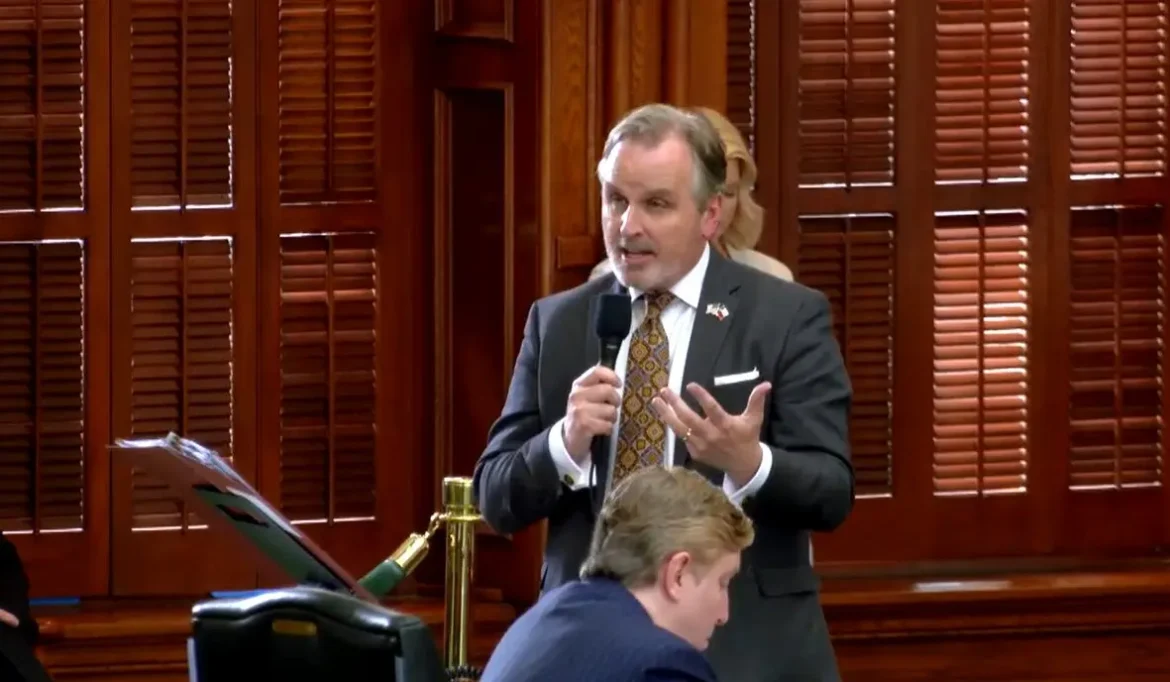The Texas Senate has passed Senate Bill 16, which would require individuals to provide proof of U.S. citizenship to register to vote in state elections.
The bill mandates that the state create two separate ballots: one for federal elections and another for state elections. It also introduces criminal penalties for registering noncitizens to vote, or for knowingly doing so.
The bill, passed along party lines by the Republican-led Senate, now moves to the Texas House of Representatives.
State Sen. Bryan Hughes (R-Mineola) argued that while Texas has checked citizenship data for driver’s licenses for over a decade, federal law has not allowed the same for voter registration, and SB 16 aims to address that.
Under the bill, individuals who do not provide proof of citizenship when registering can still vote in federal elections but not in state elections.
They would have six days after an election to submit citizenship documents to have all their votes counted.
The bill also tasks the Texas Secretary of State with seeking changes to the federal voter registration form to require proof of citizenship, and if denied, the Texas Attorney General would be required to sue the federal government.
Critics, including State Sen. Roland Gutierrez (D-San Antonio), questioned the constitutionality of the bill, referencing a 2013 U.S. Supreme Court ruling that struck down a similar law in Arizona.
Gutierrez also criticized the bill for complicating the voting process. State Sen. Carol Alvarado (D-Houston) expressed concerns that the bill could disenfranchise U.S. citizens who were naturalized after receiving a driver’s license.

